The team
A large, multi-disciplinary team is working to deliver PISA 2025, with experienced staff from three organisations collaborating to ensure the best possible experience for schools and pupils, as well as supporting rigorous, high-quality data collection and reporting. Pearson will lead on data collection in schools, OUCEA will lead on analysis and reporting for England and UCL will lead on analysis and reporting for Wales and Northern Ireland.
Pearson: Delivering PISA 2025 in Schools
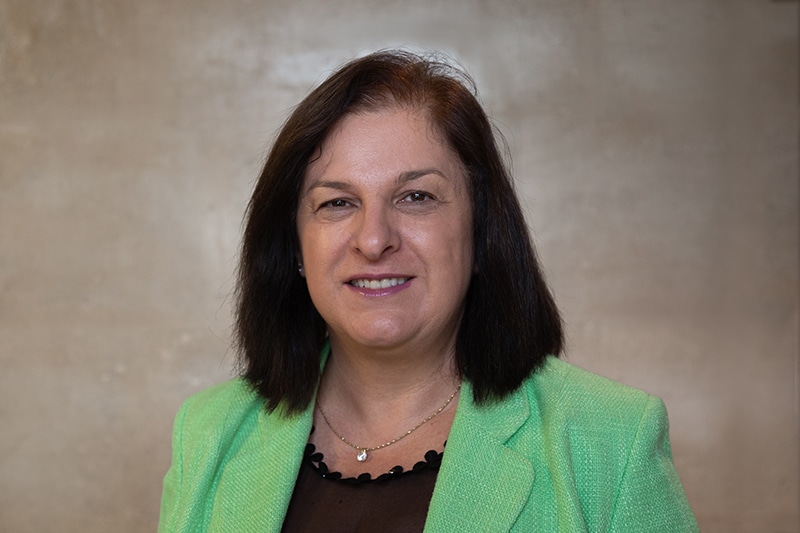
Dr Grace Grima
National Programme Manager (NPM) for PISA25
Director of Research, Pearson
Role: Grace will lead the core team at Pearson, delivering PISA in schools. She will also work collaboratively with the co-PIs from UCL and OUCEA, responsible for analysis, reporting and dissemination. Grace will have overall responsibility for the delivery of PISA25 in England, Wales and Northern Ireland, ensuring that all PISA tasks are carried out on schedule and in accordance with the specified international standards.
Background: In her current role at Pearson, Grace is responsible for international assessment studies and is currently NPM for PISA22 in Wales, England and Northern Ireland. She leads on other assessment studies in her role as NRC (National Research Coordinator) for PIRLS21/TIMSS23 in England. Grace is also strategically responsible for Pearson research on academic and vocational qualifications and learning services for schools, including current studies on science, maths and reading. Previously, in her role as Director-General in the Ministry of Education and Employment in Malta, Grace was responsible for introducing and implementing all international assessment projects including PISA and for updating the national curriculum framework. Prior to that, in New Zealand, she worked on NEMP (National Educational Monitoring Project). Grace started her career as a teacher, teacher trainer and principal research officer at the exam board, University of Malta.
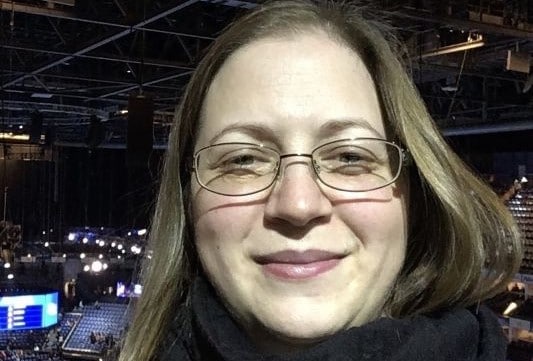
Sarah Turner
Deputy National Programme Manager, Adaptation Manager and Coding Manager
Delivery Lead, Pearson
Role: Sarah supports the NPM in her role as Deputy National Programme Manager. She coordinates the adaptation of materials and manages coding.
Background: Sarah has over 15 years’ experience within Pearson in the end-to-end operational delivery of a range of high-stakes qualifications and assessment instruments. This included five years leading the GCSE Religious Studies team delivering the accurate marking of over 250,000 examination scripts and a managing a team of 1000 markers each Summer examination series. Sarah managed coding for PIRLS21, PISA22 and TIMSS23 in England, and will manage adaptations and scoring for PIRLS26 in England, Scotland and Northern Ireland.
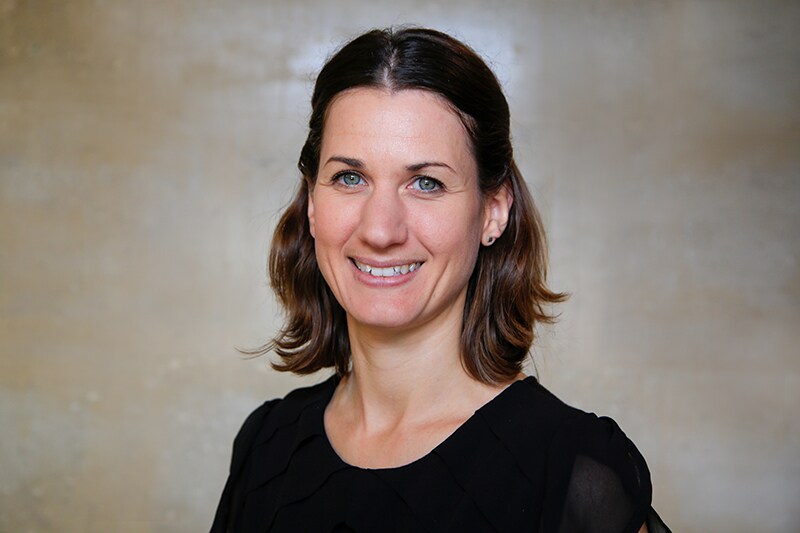
Kate Miller
Lead Project Manager for PISA25
Project Manager, Pearson
Role: Project Manager, responsible for the management of the contract deliverables.
Background: An effective, PRINCE2 practitioner qualified project manager with over six years’ experience working on DfE contracts. Kate successfully managed TIMSS19 and PIRLS21 (from 2019) and is currently working on PISA22 (England, Wales and Northern Ireland),TIMSS23 in England, and PIRLS26 in Scotland, England and Northern Ireland.
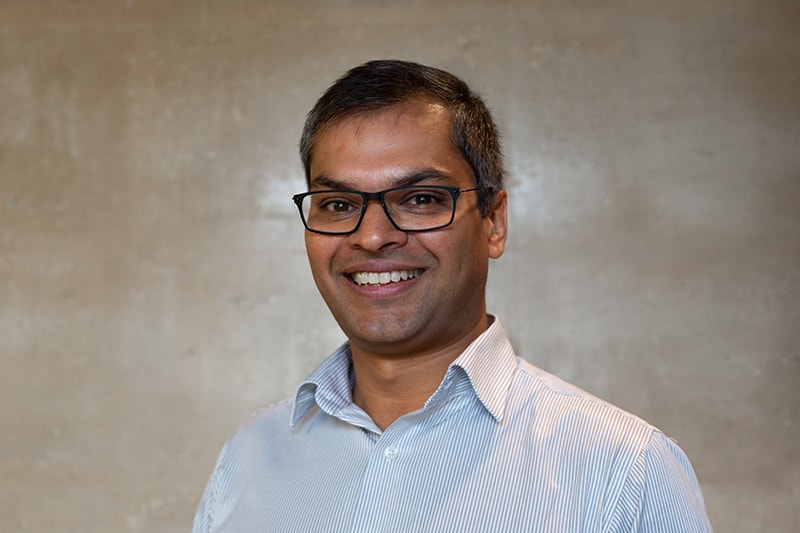
Mish Mohan
National Data and Sampling Manager (NDSM) for PISA25
Data Analyst, Pearson
Role: Mish oversees activities relating to sampling, data handling and assessment delivery systems.
Background: Mish has over sixteen years’ experience within Pearson, in Customer Service, Operations and IT development roles. He was Data Manager for PIRLS16, TIMSS19, delivering a successful sampling strategy, sampling frame and data submission. He is currently working on PISA22 (England, Wales and Northern Ireland),TIMSS23 England, and PIRLS26 in England, Scotland and Northern Ireland.

Alistair Hooper
Recruitment Manager and Deputy Data Manager for PISA25
Delivery Lead, Pearson
Role: Alistair coordinates activities relating to recruitment and retention of schools and supports with data management.
Background: Alistair has been working for Pearson’s Qualification and Assessment Research team for seven years, with a focus on international studies for the last five years. He wass Recruitment Manager for TIMSS23, and Data Manager for PIRLS21. He supported with PISA22 recruitment in Northern Ireland and leads school recruitment for PIRLS26 in England, Scotland and Northern Ireland. He has worked in many different aspects of international studies including sampling, data management, translation/adaptations, school recruitment and retention, School Coordinator and Test Administrator recruitment as well as training, and coding.
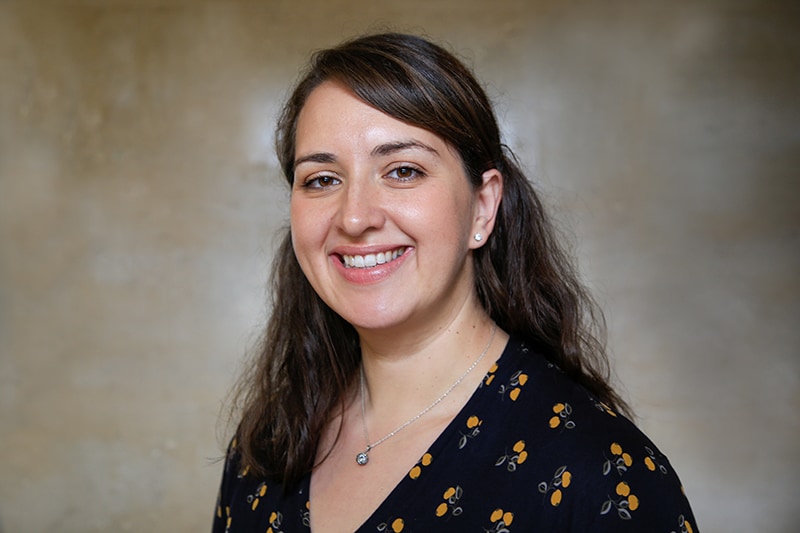
Irene Custodio
Learning in a Digital World (LDW) Expert (Coding) for PISA25
Digital Assessment Design Lead, Pearson
Role: Irene will lead on the Learning in a Digital World elements of Coding.
Background: Irene Custodio is Digital Lead within the Assessment Design team for Pearson UK leading a small team of technical experts focusing on the design and development of valid and fit for purpose digital assessments. Irene has over 15 years’ experience in educational research, assessment design and the development of high-stakes digital assessments. Irene worked on adaptations and translations for PISA22. Irene leads research at Pearson that focuses on the creation of assessment solutions that allow fair and equitable access for all learners.
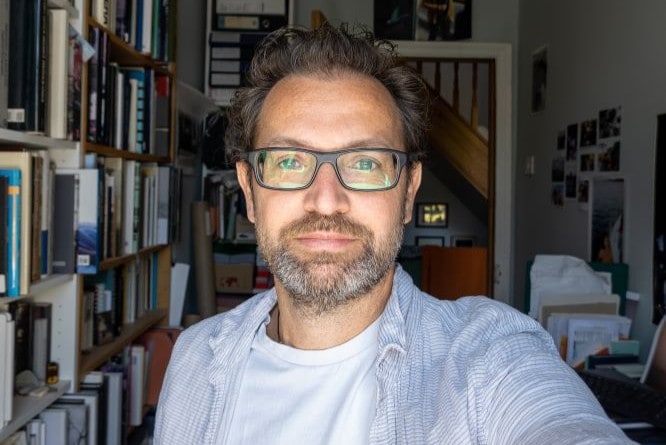
Lucian Lanteri
Test Administrator Manager for PISA25
Delivery Lead, Pearson
Role: Lucian manages the recruitment, training and management of Test Administrators.
Background: Lucian has over 19 years’ experience within Pearson, in the delivery and assessment of high-stakes qualifications, including as Head of Assessment for GCE and GCSE humanities subjects at Pearson for nine years. Lucian has experience of recruitment, training and management of Test Administrators for PISA22 in England, Wales and Northern Ireland, TIMSS23 (England), and currently for PIRLS26 in England, Scotland and Northern Ireland.

Beth Ryan
PISA25 Delivery Support Lead Pearson
Role: Beth supported the delivery of the PISA25 Field Trial and will further support schools in the successful delivery of the PISA25 Main Study.
Background: Beth has worked at Pearson for three years, previously as a Quality Manager & Internal Procedures Analyst overseeing multiple teams delivering high-stakes assessments and qualifications. She specialised in process improvement and has been working on simplifying the PISA process for School Coordinators, since moving into the International Large Scale Assessment Team in October 2023.

Adrian Brown
Test Administrator and Coder Recruitment Supervisor for PISA25
Head of Associate Management, Pearson
Role: Adrian will coordinate activities relating to Test Administrator and Coder recruitment.
Background: Adrian is an experienced professional who has responsibility for Test Administrator and Coder recruitment and related activities, as well as to ensure that Pearson has resources in place to deliver marking activities. He has also overseen previous recruitment for international studies including PIRLS21 (MS), PISA22 (MS), and TIMSS23 (FT & MS).

Jon Wood
Processing Director for PISA25
Qualifications Processing Director, Pearson
Role: Jon will be responsible for the safe delivery of the testing materials and all keying activities.
Background: Qualifications Processing Director at the Hellaby site since 2015, Jon oversees operations and staff management. Hellaby Operations scans and processes more than 10 million results per annum for General Qualifications, Vocational Qualifications and International Qualifications to time quality and service. Hellaby Operations has securely processed and successfully delivered documentation relating to PIRLS16, TIMSS19, PIRLS21, and also PISA22 (FT) and TIMSS23 (FT).

Simon Abrams
IT Coordinator (ITC) for PISA25
Regional Manager Deskside Support, Pearson
Role: Simon will oversee the IT systems required for the delivery of PISA25.
Background: Simon has over 14 years of experience working to deliver innovative, secure IT solutions and technical support within Pearson. He is the Regional Manager for deskside support in Pearson and manages multiple 3rd line support teams located across various parts of the UK. He has managed the development and implementation of IT systems for TIMSS23 and PISA22.
UCL and OUCEA: Reporting PISA 2025 findings
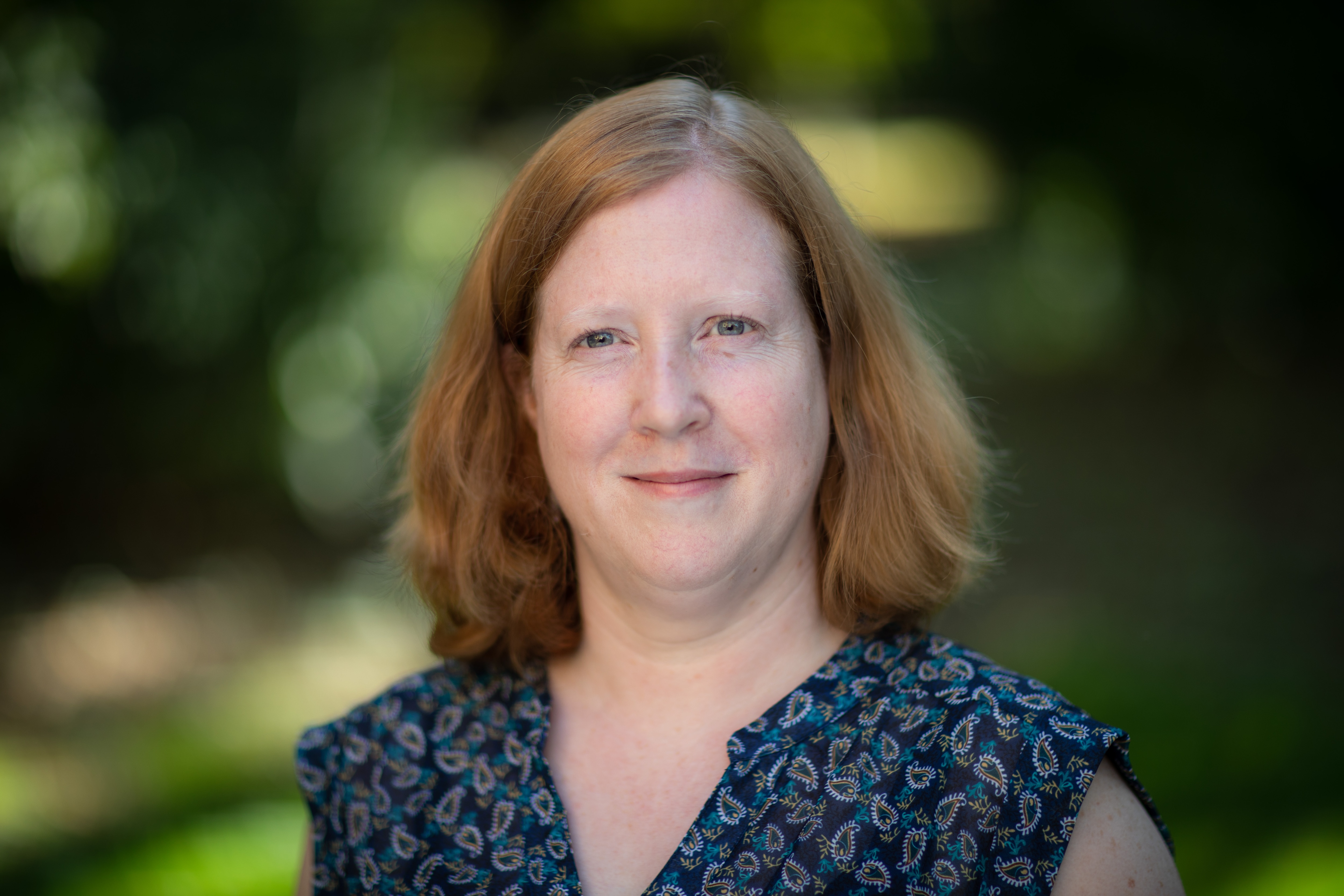
Jenni Ingram (OUCEA)
Co-Principal Investigator
Role: Jenni will be the Principal Investigator for the research reports and will oversee the quality of the data analysis, with a focus on England. She will attend relevant international meetings, training and webinars with the NPM. In addition, she will sit on the Operational Board and on the Research Advisory Board as Co-PI. Central to her role will be strong liaison with colleagues at UCL to make best use of expertise and skills to ensure high quality outputs for England.
Background: Jenni Ingram has been working on PISA both theoretically and empirically, including as a member of the Mathematics Expert Group for PISA 2022 where she was involved in the design of the mathematics framework for the assessment. She is also leading the analysis of the PISA 2022 data for England, Northern Ireland and Wales and previously led the analysis and national report writing for TALIS Video Study in England. She has a substantial international network through her work on PISA 2022 and more broadly through her work in mathematics education research internationally.

Mary Richardson (UCL)
Co-Principal Investigator
Role: Mary will be the Co-Principal Investigator for the research reports and will oversee the quality of the data analysis and dissemination – with the focus on Wales and Northern Ireland. She will attend relevant international meetings, training and webinars with the NPM as necessary and will sit on the Operational Board and the Research Advisory Board. Central to her role will be strong liaison with colleagues at OUCEA to make best use of expertise and skills to ensure high quality outputs for Wales and Northern Ireland.
Background: Mary Richardson is a Professor of Educational Assessment at the UCL Institute of Education in London. Mary is an experienced lead for international research projects in education and has been Co-PI for the last two TIMSS (2019 and 2023) reports for England. Mary teaches on the MA Assessment at UCL and supervises doctoral students with interests in philosophy of assessment, ethics of testing and how candidates perceive testing experiences. Her recent book (2022), Rebuilding Public Confidence in Assessment is available at UCL Press and she is currently engaged in research focused on perceptions of how AI interacts with test takers in language testing, and the decolonization of assessment systems.
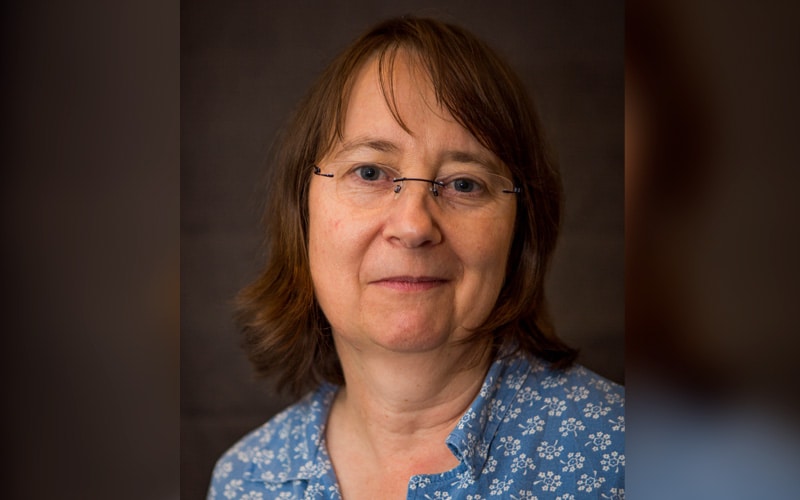
Gemma Moss (UCL)
Co-Principal Investigator
Role: Gemma will be the Co-Principal Investigator for the research reports and will oversee the quality of the data analysis and dissemination – with the focus on Wales and Northern Ireland. She provides an additional point of liaison with colleagues at OUCEA and in-depth expertise in literacy.
Background: Gemma is an experienced researcher with specific expertise in qualitative research techniques and mixed methods research designs. She has successfully directed a range of research projects for both the ESRC and the DCSF. These have included running multi-site ethnographic case studies and combining quantitative and qualitative methods in innovative ways. She joined the DCSF English Board in 2009, and in 2008/9 participated as a lead consultant in the Gender Agenda, a policy initiative within the Department which developed new partnerships between research, practitioner and policymaking communities in order to raise boys’ attainment and promote gender equity. She is currently on the Expert Advisory Group for the National Literacy Trust; and on the Advisory Board for the Centre for Literacy and Social Justice, the Open University.

Stuart Cadwallader (OUCEA)
Report and dissemination
Role: Stuart will be responsible for the country report for England and for the dissemination plan.
Background: Stuart is a Departmental Lecturer in Educational Assessment at the Department of Education, University of Oxford. His research interests cover many aspects of educational assessment, including examination standards, the assessment of practical skills, the use of assistive technology for assessment, international large scale assessments and the digitisation of assessment. Prior to January 2022, Stuart was Associate Director for Research at Ofqual, where he helped lead a research programme to support the regulation of examinations and qualifications in England.
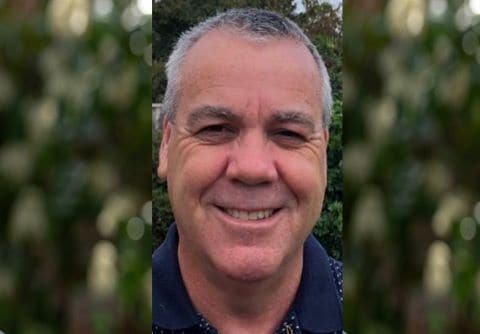
Iain Barnes (UCL)
Report and dissemination
Role: Iain will co-Lead report writing for Wales and Northern Ireland with Christina Swensson. Their combined expertise will assure high quality reporting together with a strong foundation of educational research methods, quantitative analysis and reporting for a range of audiences. They will be responsible for leading on the report structure and agreeing this with the Operational Board. They will create a plan for writing, and subsequent revisions, and ensure that all deadlines are met.
Background: Dr Iain Barnes has extensive experience in the field of educational research and writing at a national level over the past 18 years. Between his two headships, he worked in the National College’s research and policy group, in which role he was engaged with a wide range of national school leadership research projects, authoring or co-authoring several publications. Iain also has experience of quantitative analysis and national report writing. Both in 2016 and 2020, Iain was a co-author of the TIMSS national reports for England, supporting the writing and analysis work. He will be fulfilling the same role for the 2023 report.
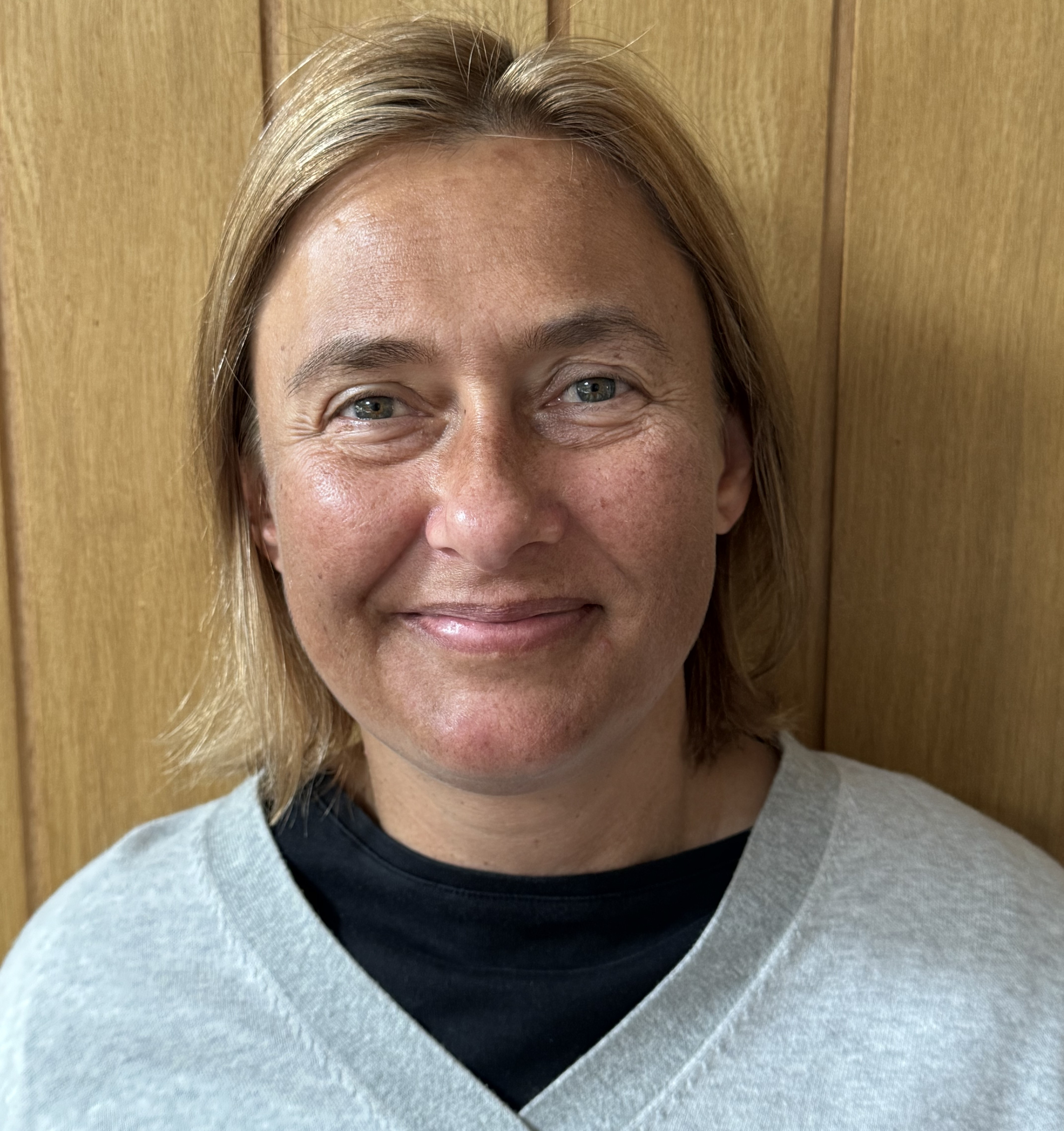
Christina Swensson (UCL)
Report and dissemination
Role: Christina will co-Lead report writing for Wales and Northern Ireland with Iain Barnes. Their combined expertise will assure high quality reporting together with a strong foundation of educational research methods, quantitative analysis and reporting for a range of audiences. They will be responsible for leading on the report structure and agreeing this with the Operational Board. They will create a plan for writing, and subsequent revisions, and ensure that all deadlines are met.
Background: Christina Swensson is an experienced analyst with an academic background in economics and twenty years’ experience working on education research at the UCL Institute of Education and Department for Education. She has a broad range of analytical and professional skills with expertise in effective communication of complex research findings and analysis to policy makers; the use of analysis and research to develop, monitor and evaluate government policies; and the management and delivery of user-friendly and accessible analytical reports that draw together contributions from statisticians, social researchers and economists.

Jamie Stiff (OUCEA)
Data analyst
Role: Jamie will conduct much of the analysis for the teams at OUCEA and, in collaboration with associates at UCL will share code, and support the co-PI at OUCEA to discuss and develop a strategic plan for analysis across the nations focusing specifically on England.
Background: Jamie joined OUCEA in 2017 to assist in the delivery of PIRLS16, and produced all quantitative analyses, graphs, and written explanations of results for the PIRLS 2016 National Report for England. He worked on the delivery of national reports for both PIRLS21, is working PISA22, and is pursuing a DPhil in Education, with his research focusing on statistical modelling of item difficulty in TIMSS.
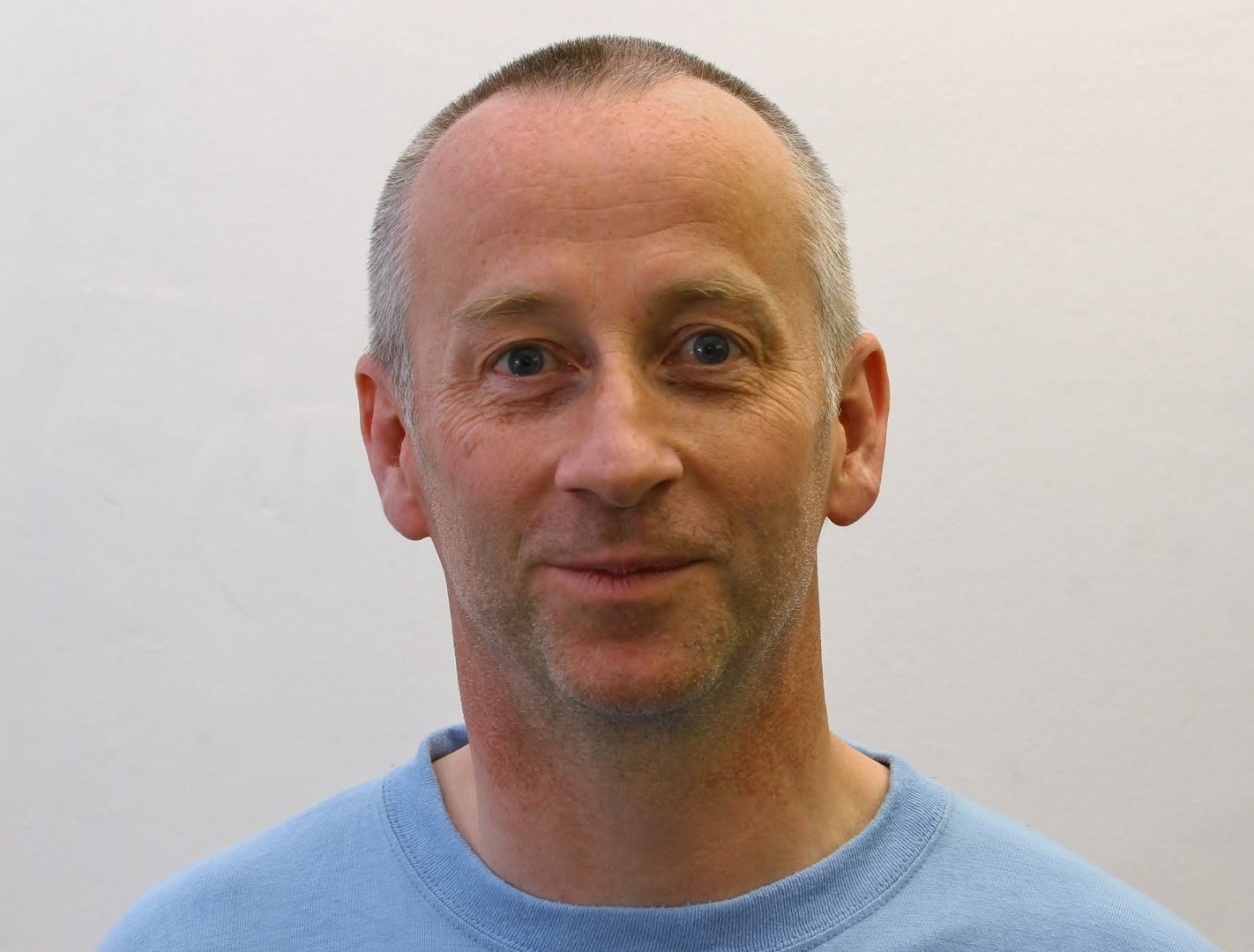
David Wilkinson (UCL)
Data analyst lead
Role: David will lead on analysis for the teams at UCL and, in collaboration with associates at OUCEA will share code, discuss and develop a strategic plan for analysis across the nations and then take responsibility for Wales and Northern Ireland.
Background: David has extensive experience of analysis in social science and education settings: including large scale projects drawing Millennium Cohort study data sets to explore relationships between age and the labour market; the impact of the introduction and subsequent increases in the National Minimum Wage; and evaluations of educational interventions in schools. His work has been funded by the ESRC, UK government departments: Department for Work and Pensions, Department for Business Innovation and Skills, the Office for National Statistics; the European Commission and the World Bank.
Advisory Group
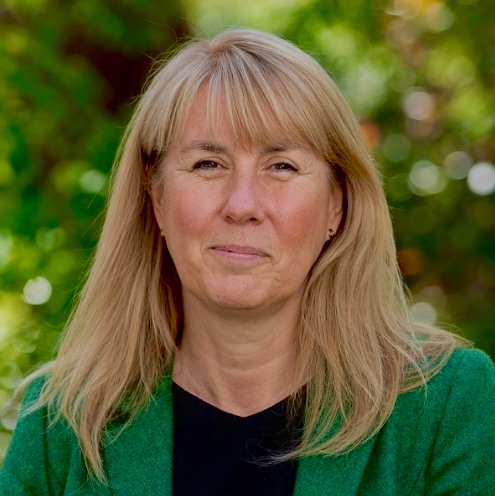
Jo-Anne Baird
Jo-Anne is Director of the Oxford University Centre for Educational Assessment. She has been Head of the Department of Education at Oxford, Standing Adviser to the House of Commons Education Select Committee, a member of Ofqual’s Standing Advisory Group on Standards, Chair of the National Reference Test Expert Group, a member of the Welsh Government’s Curriculum and Assessment Group and the Scottish Government’s Independent Review Group. Jo-Anne held academic posts at the Institute of Education (London) and the University of Bristol. In 2019 she was awarded an Honorary Degree by the University of Bergen.
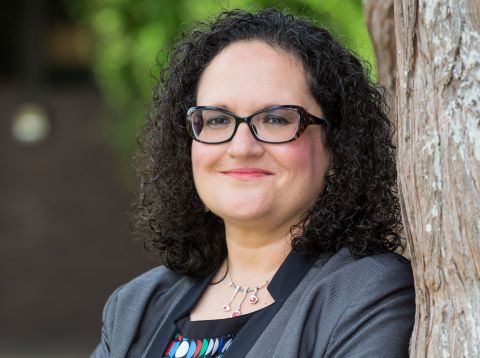
Sibel Erduran
Sibel Erduran is a Professor of Science Education and Fellow of St Cross College at University of Oxford, United Kingdom. She is the President of the European Science Education Research Association; Editor-in-Chief of Science & Education and an Editor for International Journal of Science. Her work experience includes positions in the USA, Ireland as well as the UK. Her research interests focus on nature of science in science education, and she has a keen interest in the design of research-informed curriculum and assessment resources. Her work on argumentation has received international recognition through awards from NARST and EASE. Her books include Reconceptualizing the Nature of Science in Science Education: Scientific Knowledge, Practices and Other Family Categories (Springer), Argumentation in Chemistry Education: Research, Policy and Practice (Royal Society of Chemistry) and Transforming Teacher Education through the Epistemic Core of Chemistry: Empirical Evidence and Practical Strategies (Springer).

Michael Reiss
Michael is Professor of Science Education at UCL’s Faculty of Education and Society, Honorary Visiting Professor at the Royal Veterinary College, Honorary Fellow of the British Science Association, a Fellow of the Academy of Social Sciences, a member of the Nuffield Council on Bioethics, President of the International Society for Science and Religion, and President of the Association for Science Education. After a PhD and post-doc in evolutionary biology, he trained as a secondary teacher and taught in schools for five years. He then returned to higher education, spending six years on secondary teacher training and six years on primary teacher training before taking up his present post in 2001.
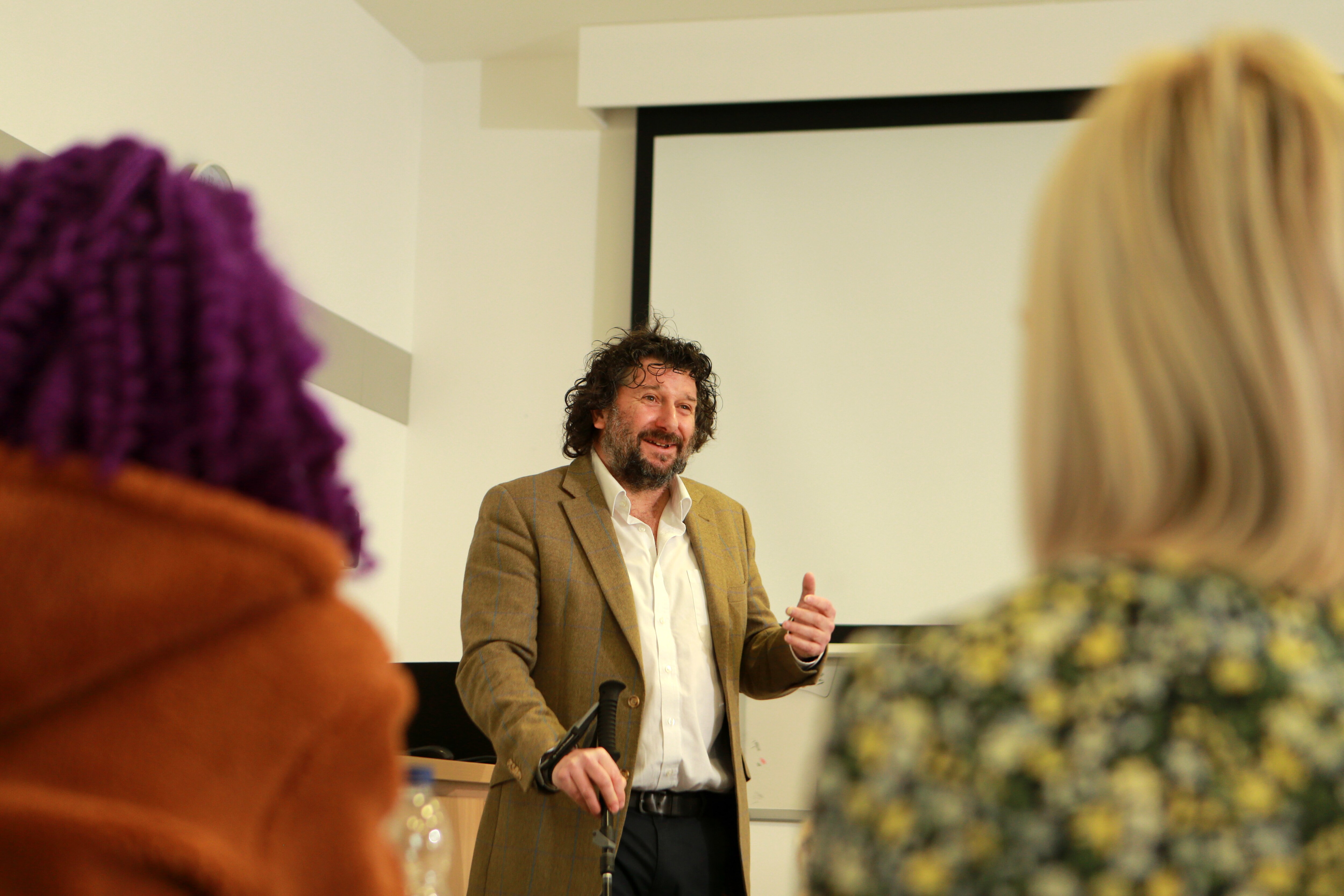
Allen Thurston
Professor Thurston’s research interests comprise of undertaking experimental research design for educational trials in schools. Theoretically his work focusses on pedagogical perspectives surrounding using cooperative learning, peer tutoring and improving literacy for students living in high poverty communities aged 3-18 years old (including current projects in England, Colombia, Chile, Lesotho and South Africa). He is the Editor-in-Chief of the International Journal of Educational Research Open (IJEDRO). He is on the Editorial Board of Technology, Pedagogy and Education, and Educational Psychology journals. He was awarded the 2013 American Educational Research Association (AERA) Cooperative Learning Special Interest Group (SIG) award for 'Outstanding Research Contribution in the Field of Cooperative Learning'. He served as Secretary/Treasurer of the AERA Cooperative Learning SIG from April 2014 until April 2017 and is currently serving as Chair of the SIG. He served on the Education Unit of Assessment Panel for the United Kingdom’s Research Evaluation Framework (REF) 2021 assessment procedure.

Rhian Barrance
Rhian is a Lecturer in Education at Cardiff University. She has extensive experience of educational research, particularly in the areas of educational assessment and qualification reform. Prior to joining Cardiff she completed her doctorate at Queen’s University Belfast and worked as a Research Fellow on a University of Oxford and Queen's University Belfast project investigating the predictability of Leaving Certificate examinations in the Republic of Ireland.
She has an in-depth understanding of the education research and policy landscape in Wales. She is Director of the WISERD Education Multi-Cohort Study, a longitudinal research study of children in Wales at Cardiff University. She has also led two projects for the Children's Commissioner for Wales, including an evidence review on the human rights of children in Wales. She has held a number of advisory roles in Wales, including sitting on Qualifications Wales’s Research Advisory Group. She is a fluent Welsh speaker.
Curriculum Experts
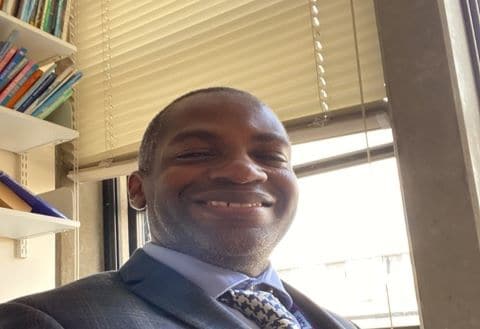
Wilton Lodge
Science Content and Curriculum
Wilton has been involved in STEM education for the past twenty years. He has worked in various secondary schools in England and in the Caribbean. He is currently a senior teaching fellow and the PGCE Chemistry Lead at the University College London, Institute of Education. He is the holder of a Bachelor of Science degree from the University of the West Indies, an MA and PhD degrees from the University College London, Institute of Education. Wilton has served on a number of science advisory groups and is currently part of the TIMSS23 research team.

Sinead Harmey
Reading Content and Curriculum
Background: Sinéad has a background in primary teaching and a Ph.D in Reading and Literacy in Early and Middle Childhood. Her research has been built around (a) her interests in early writing and support for literacy learning in the early years and (b) her interests in supporting evidence-based practice and the role of knowledge exchange in this, with a specific focus on review methodologies. These lines of inquiry have guided her research, teaching, and engagement with education systems in both Europe and the United States. She has co-authored the most recent meta-analytic review of Reading Recovery and her work has been published in Reading Research Quarterly, the Journal of Early Childhood Literacy, The Journal of Writing Research, and the Journal of Education for Students Placed at Risk. She has successfully collaborated within collective research groups on funded literacy research for the ESRC, EEF, ETF and the Froebel Trust. She is co-editor of Literacy, a journal of the United Kingdom Literacy Association.
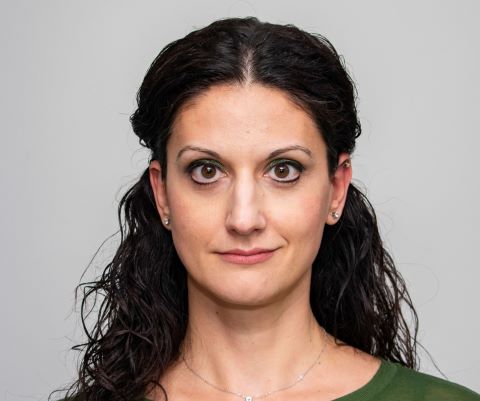
Eirini Geraniou
Maths Content and Curriculum
Dr Eirini Geraniou is an Associate Professor of Mathematics Education at the IOE, UCL’s Faculty of Education and Society. Her research interests are in the use of technology for mathematical teaching and learning. Her most recent work involves the conceptualisation of mathematical digital competency and she is the co-editor of the Springer Book on Mathematical Competencies in the Digital Era. She has been involved in numerous national and international research projects on the use of technology in mathematics education, including designing assessment criteria for surveying teachers’ digital competence and programming skills. She has designed and led a UCL master’s online asynchronous module on technology for mathematical learning and an online CPD course on “Key Ideas in Mentoring Mathematics Teachers” hosted by the Futurelearn platform (https://www.futurelearn.com/courses/key-ideas-in-mentoring-mathematics-teachers/2). She has worked on Initial Teacher Education programmes for over 15 years and is an active member of the European Society for Research in Mathematics Education (ERME).
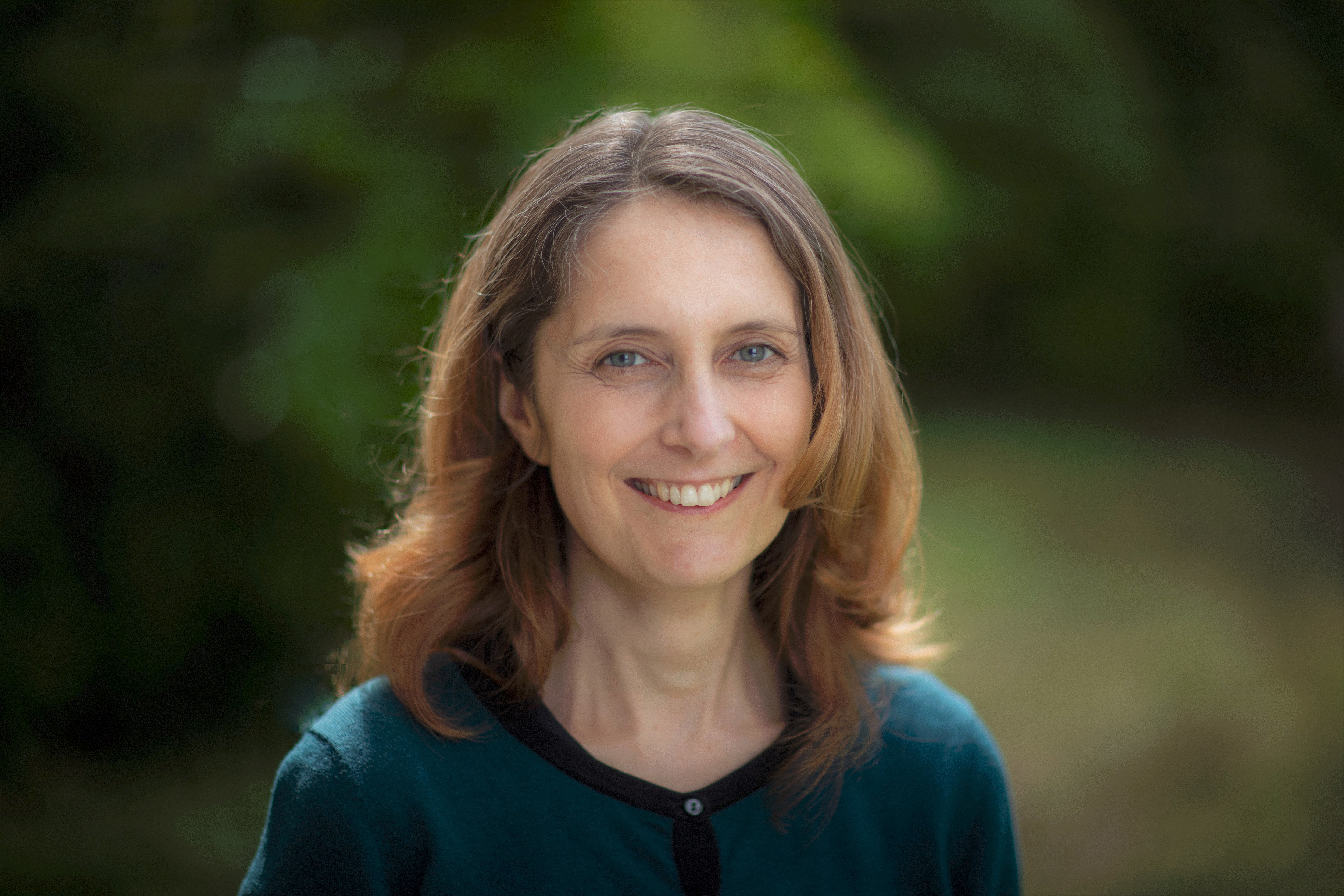
Rebecca Eynon
Learning in a Digital World
Rebecca Eynon is a Professor of Education, the Internet and Society at the University of Oxford. At the University she is jointly appointed by the Department of Education and the Oxford Internet Institute (OII). Her research focuses on the intersections between education, technology and inequalities. Prior to joining the University of Oxford in 2005 Rebecca held positions as an ESRC Postdoctoral Fellow, Department of Sociology, City University; and as a Research Fellow, Department of Education, University of Birmingham.
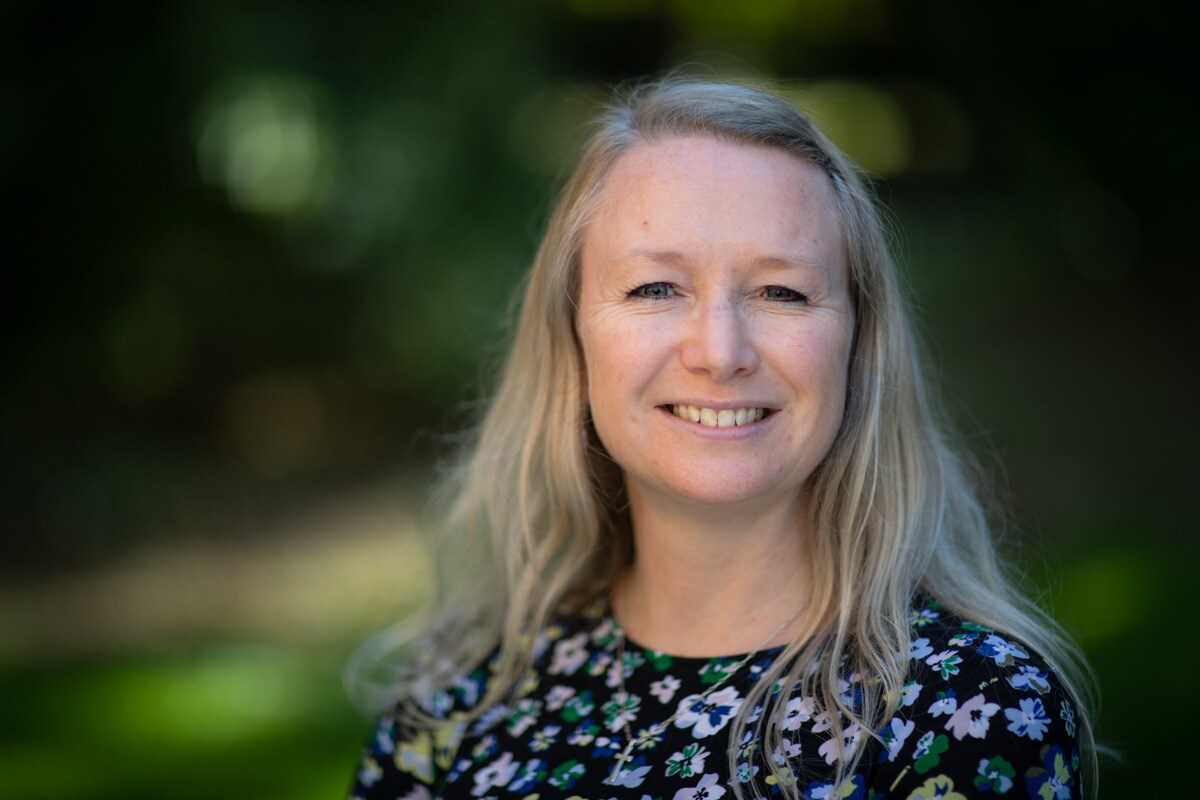
Judith Hillier
Science Content and Curriculum
Judith Hillier has been at the University of Oxford Department of Education since 2007, where she is Deputy PGCE Course Director. Judith’s research interests lie in the education of science teachers, the recruitment and retention of physics teachers, the role of language in the development of scientific explanations in the classroom, and gender and diversity in STEM education. She was awarded the 2021 Marie Curie-Sklodowska Medal by the Institute of Physics for her significant contribution to the support of women in physics through her work with the Conference for Undergraduate Women in Physics, and to the education of teachers of physics.
